Scientists at Queen Mary University of London have made a groundbreaking discovery, revealing that bumblebees can distinguish between short and long flashes of light, a skill previously thought to be exclusive to vertebrates. This ability, similar to recognizing Morse code, demonstrates an unexpected sense of timing in the insects.
According to a study published recently, researchers found that bumblebees, specifically Bombus terrestris, can choose where to gather food by recognizing how long a visual signal lasts. In the experiment, the insects were presented with short and long flashes of light, which they learned to associate with a sweet reward. This ability to process time durations may stem from a fundamental neural process, suggesting that even tiny brains have complex time-tracking mechanisms relevant to evolution and artificial intelligence.
Dr. Emma Taylor, lead researcher on the project, expressed her surprise at the findings. "We were amazed to see that the bumblebees were able to differentiate between the short and long flashes of light, and even learn to associate them with a reward," she said. "This challenges our previous understanding of the cognitive abilities of insects and highlights the importance of further research into their neural processes."
The study's findings have significant implications for our understanding of the evolution of cognitive abilities in animals. "This discovery suggests that the ability to process time durations is not unique to vertebrates, but is a fundamental aspect of brain function that has evolved independently in different species," said Dr. Taylor.
The researchers used a combination of behavioral experiments and neural recordings to study the bumblebees' ability to process time durations. They found that the insects used a specific neural circuit to process the visual signals, which was distinct from the circuit used for other visual tasks.
The study's findings also have potential applications in the field of artificial intelligence. "Understanding how insects process time durations could provide insights into the development of more efficient and adaptive AI systems," said Dr. Taylor.
The researchers plan to continue their study of the bumblebees' neural processes, with a focus on understanding the underlying mechanisms of their time-tracking abilities. They also hope to explore the potential applications of their findings in fields such as AI and robotics.
In related news, researchers at other institutions are also exploring the cognitive abilities of insects, with a focus on understanding their neural processes and potential applications. The study of insect cognition is a rapidly growing field, with significant implications for our understanding of the evolution of cognitive abilities and the development of AI systems.
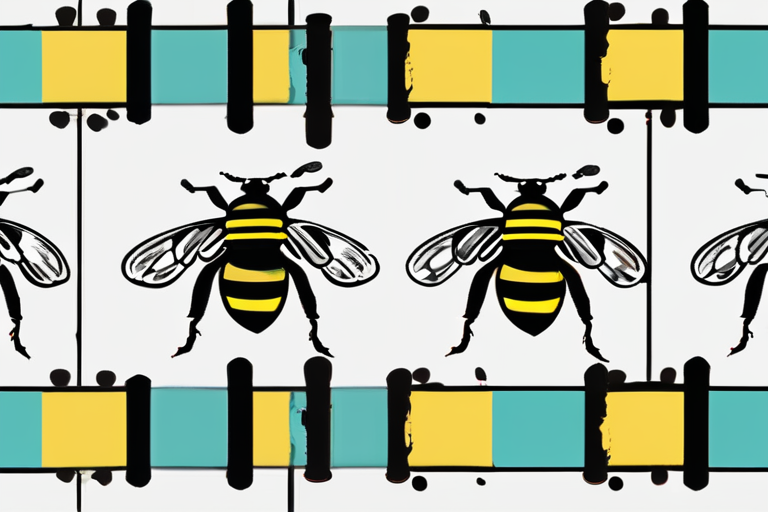






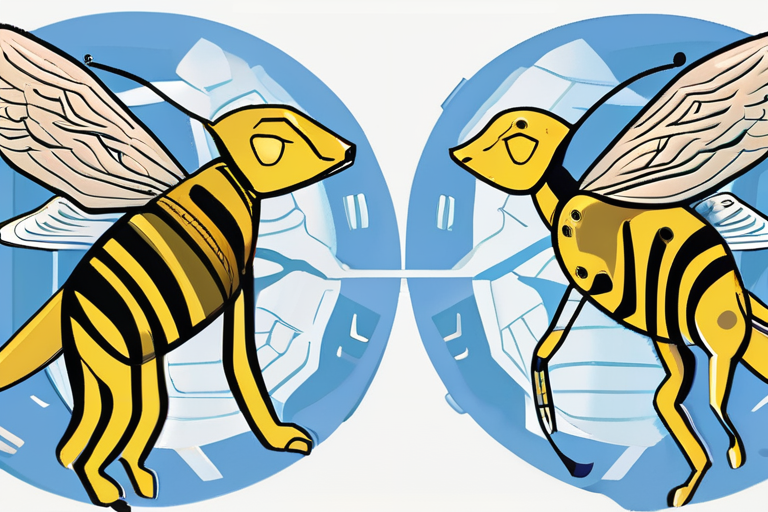








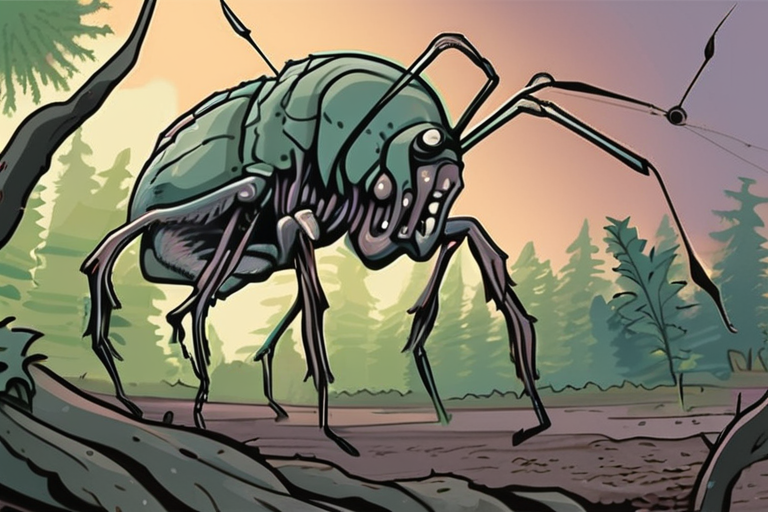




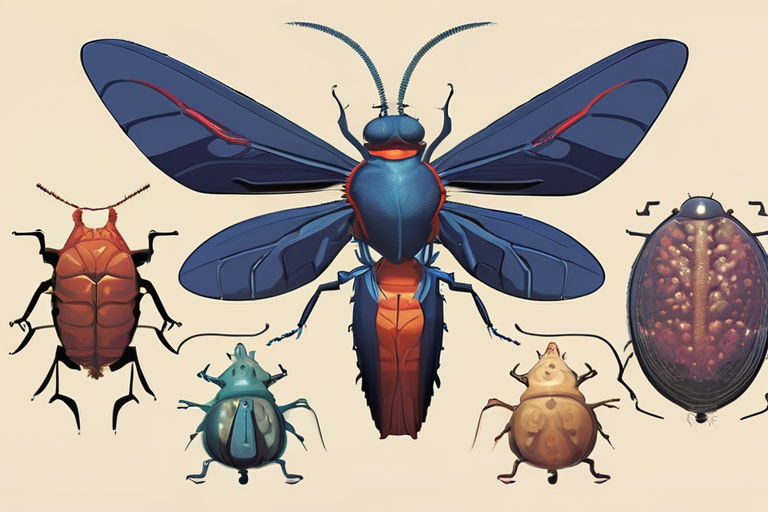
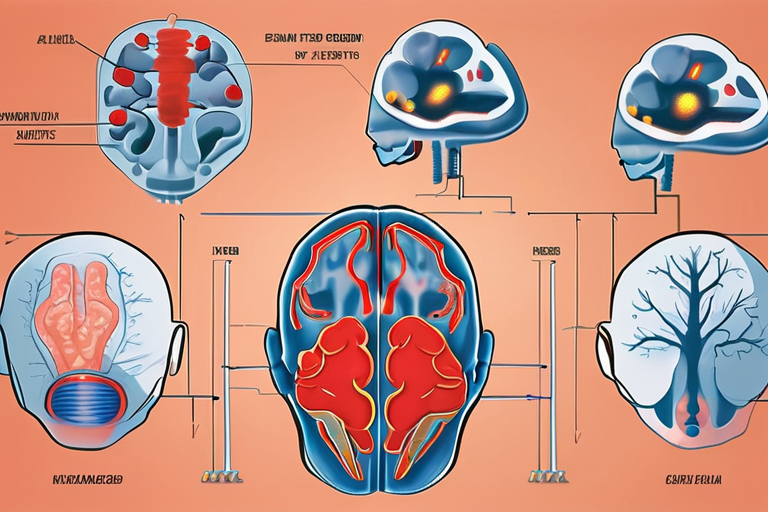

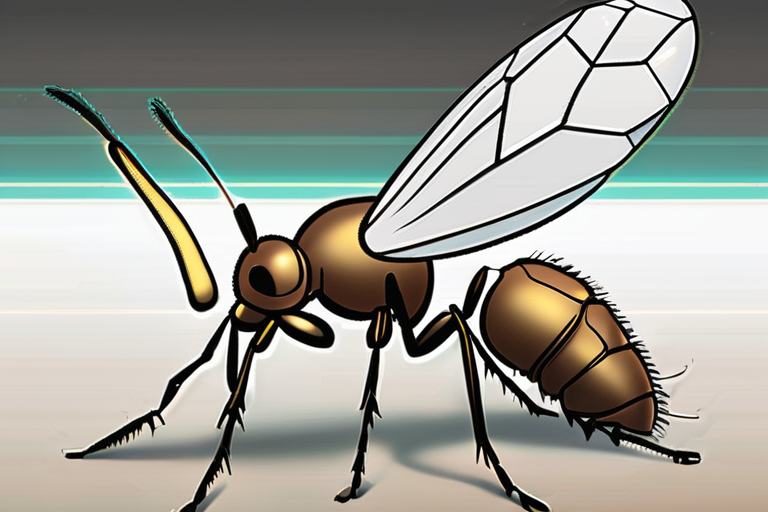

Share & Engage Share
Share this article